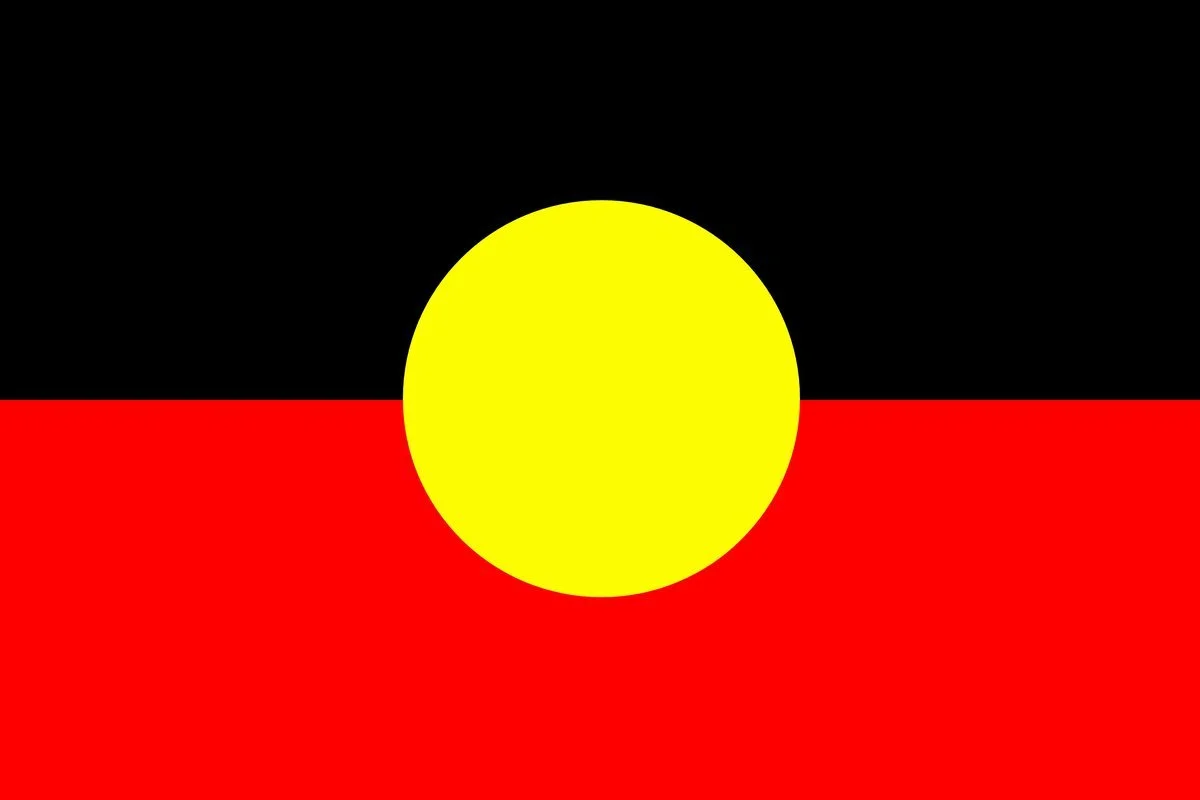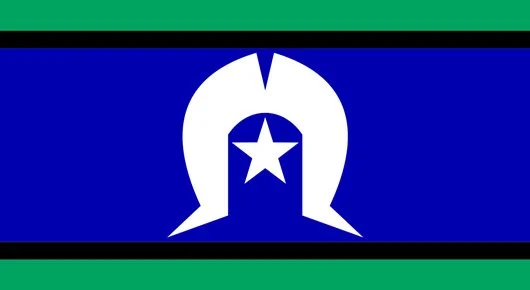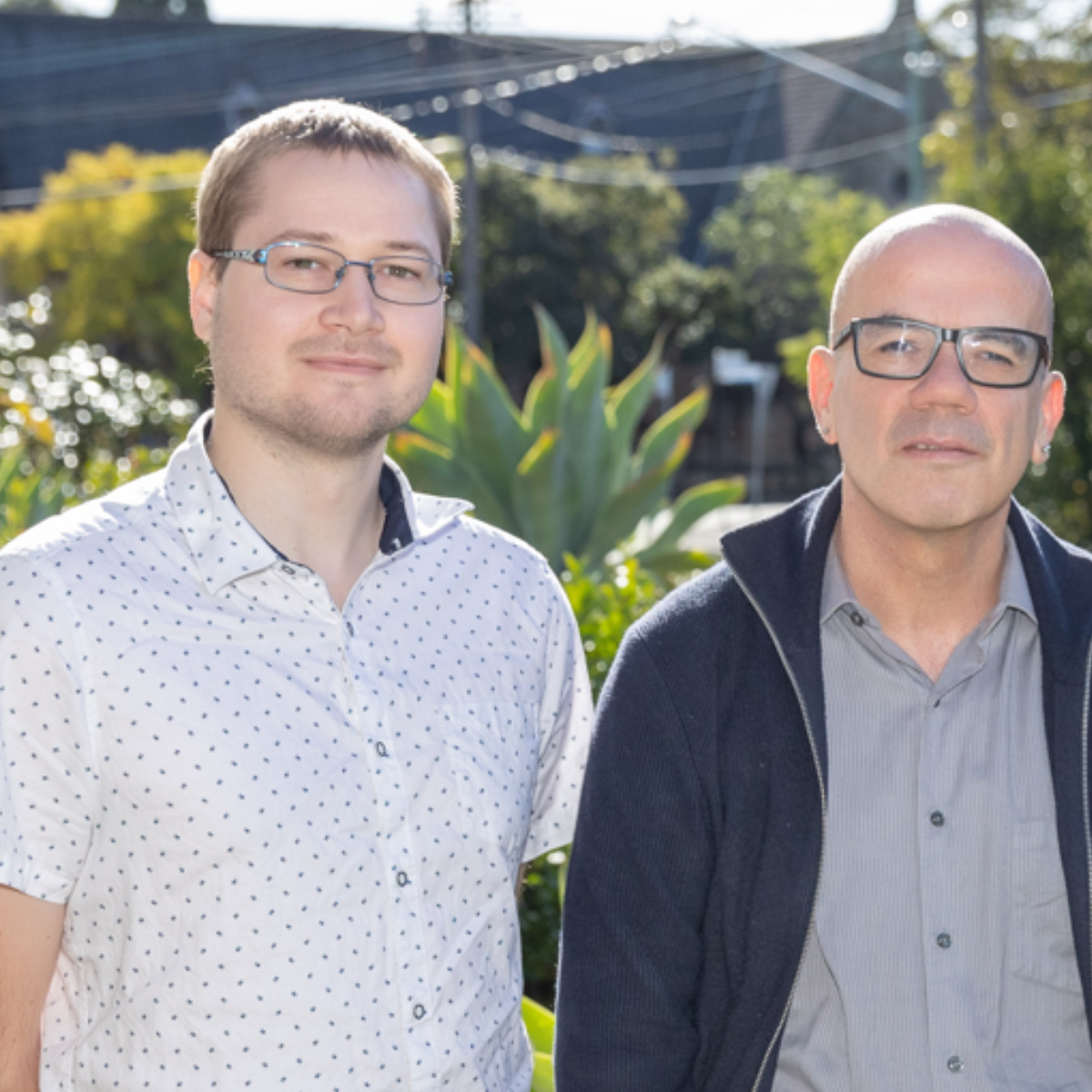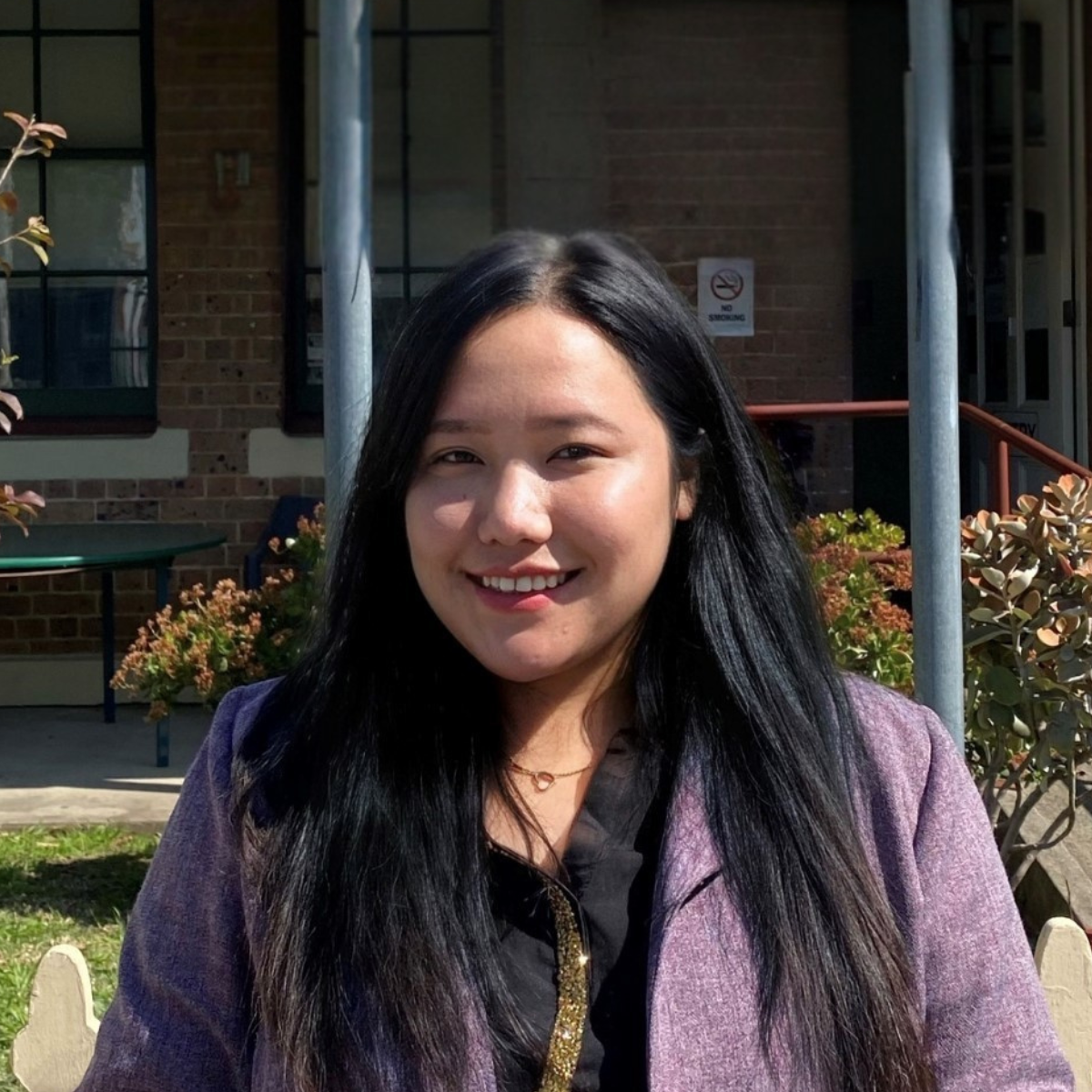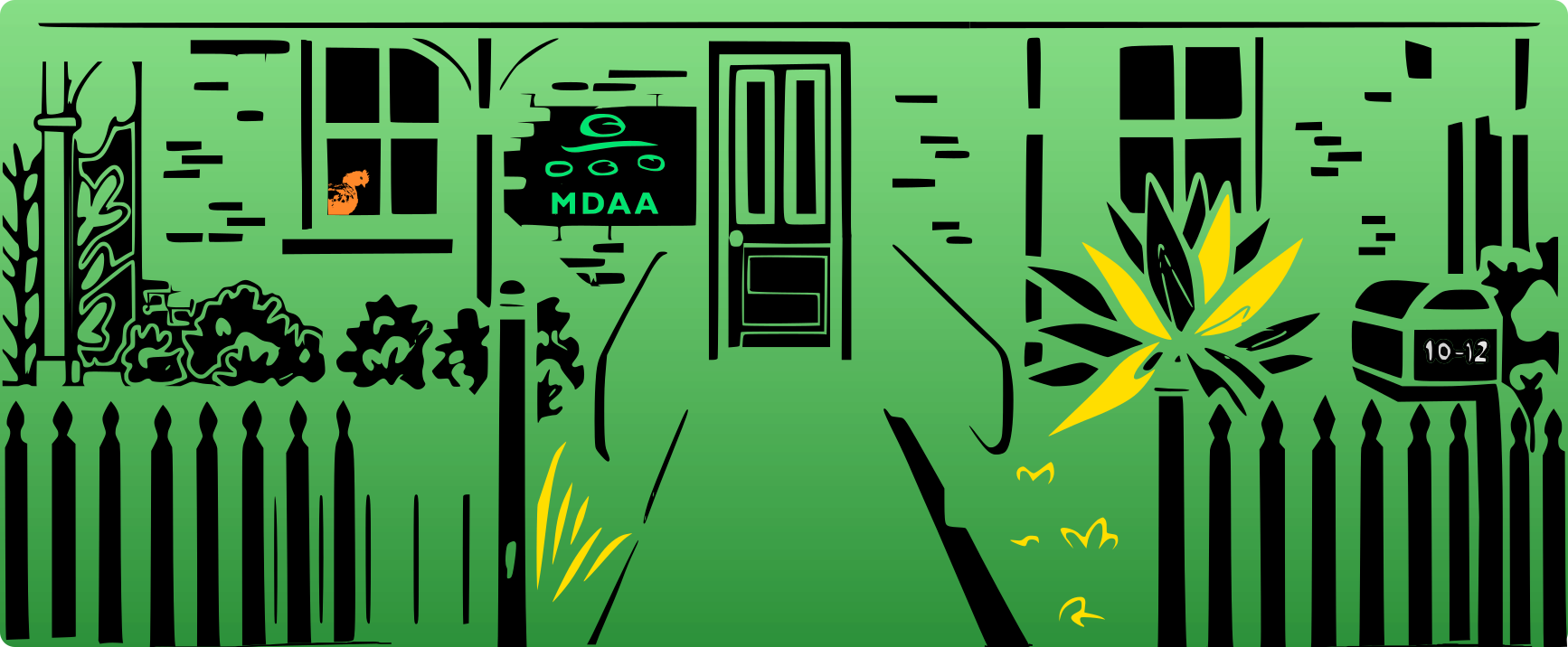
About the Multicultural Disability Advocacy Association
We are a dedicated advocacy organisation supporting people with disability, with a strong focus on multicultural inclusion. Our services are free and funded through government support.
Since 1995, the Multicultural Disability Advocacy Association of NSW (MDAA) has been advocating for the rights of people with disability from Culturally and Linguistically Diverse/Non English Speaking (CALD/NES) backgrounds, as well as their families and carers, to achieve better outcomes and improved access to services, opportunities, and participation in the disability sector.
MDAA is also the peak body for multicultural disability in NSW.
Our mission is to amplify the voices of individuals from diverse cultural backgrounds who face unique challenges in accessing resources, services, and opportunities. Through education, outreach, and collaboration with community groups, we work to ensure that people with disability, regardless of their cultural or linguistic backgrounds, have equal rights, access, and opportunities to thrive.
Our Vision
“A society where everyone feels welcomed, included, and supported.”
We acknowledge the Traditional Custodians of the various lands on we work on, including the Burramattagal people of the Dharug Nation, on whose land our Head Office is based.
We recognise their enduring connection to land, waters, and culture and pay our respects to Elders past, present, and emerging.
We celebrate the richness and diversity of Aboriginal peoples and their ongoing contributions to the communities we live and work in.
As an organisation that embraces multiculturalism, we recognise the strength that comes from diverse cultures coming together with respect, understanding, and shared purpose.
We express our gratitude for the opportunity to share these lands and feel great sorrow for the injustices of the past.
We commit to walking together toward a future of equity, justice, and true partnership.
Always was, Always will be Aboriginal Land.
How We Support You
-
A disability advocate is someone who helps people with disability speak up, understand their rights, and get the support they need. Advocates can speak on behalf of a person, support them to speak for themselves, or help fix problems they are facing.
Here’s how a disability advocate can help:
Help with services: If someone is having trouble getting support from the NDIS, Centrelink, education, housing, or health services, an advocate can help fill out forms, write letters, or speak to the service providers.
Stand up for rights: If a person is being treated unfairly or discriminated against, the advocate can help them make a complaint or take action to fix the situation.
Attend meetings: Advocates can go with someone to important meetings (like with school staff, hospitals, or the NDIS) to make sure your voice is heard and their needs are understood.
Provide information: They explain people’s rights in a simple way, like what to do if you’re unhappy with a service or how to access support programs.
Support in emergencies: If someone is in crisis—for example, being kicked out of housing or not receiving medication—an advocate can help fix things quickly by referring you to the right services.
Help with legal issues: While not lawyers, advocates can help find legal support or help understand what’s happening with a legal problem.
Support families and carers: Advocates can also support family members or carers who are trying to help the person with disability.
Make services better: Some advocates work on big-picture issues by talking to the government or community about how to improve services and stop unfair treatment.
Example situations:
A person is rejected by the NDIS. An advocate helps them challenge the decision.
A student with a disability is being bullied at school. The advocate works with the school to make it safe.
A social housing provider is refusing to fix an accessible bathroom. The advocate contacts the housing service to sort it out.
Someone is feeling overwhelmed and doesn’t know where to go for help. The advocate listens and connects them to the right supports.
A disability advocate is a helper and protector who stands by people with disability, makes sure their voice is heard, and works hard to fix unfair situations.
Individual Advocacy
-
An NDIS appeals advocate helps people challenge decisions made by the National Disability Insurance Agency (NDIA) at the Administrative Review Tribunal (ART).
These appeals usually happen when someone is not happy with a decision about their NDIS access, how much funding they get, or the supports in their plan.
The advocate supports by explaining how the appeal works, helping collect medical and other important evidence, writing down the person’s story, and speaking for them in meetings, conciliation sessions, or hearings if needed.
Here’s how a disability advocate can help:
Help with services: If someone is having trouble getting support from the NDIS, Centrelink, education, housing, or health services, an advocate can help fill out forms, write letters, or speak to the service providers.
Stand up for rights: If a person is being treated unfairly or discriminated against, the advocate can help them make a complaint or take action to fix the situation.
Attend meetings: Advocates can go with someone to important meetings (like with school staff, hospitals, or the NDIS) to make sure your voice is heard and their needs are understood.
Provide information: They explain people’s rights in a simple way, like what to do if you’re unhappy with a service or how to access support programs.
Support in emergencies: If someone is in crisis—for example, being kicked out of housing or not receiving medication—an advocate can help fix things quickly by referring you to the right services.
Help with legal issues: While not lawyers, advocates can help find legal support or help understand what’s happening with a legal problem.
Support families and carers: Advocates can also support family members or carers who are trying to help the person with disability.
Make services better: Some advocates work on big-picture issues by talking to the government or community about how to improve services and stop unfair treatment.
Example situations:
A person is rejected by the NDIS. An advocate helps them challenge the decision.
A student with a disability is being bullied at school. The advocate works with the school to make it safe.
A social housing provider is refusing to fix an accessible bathroom. The advocate contacts the housing service to sort it out.
Someone is feeling overwhelmed and doesn’t know where to go for help. The advocate listens and connects them to the right supports.
A disability advocate is a helper and protector who stands by people with disability, makes sure their voice is heard, and works hard to fix unfair situations.
NDIS Appeals Support
Aged Care Volunteer Visitors Scheme
-
The Aged Care Volunteer Visitors Scheme helps older people who feel lonely, especially those who have trouble moving, speaking, or getting out to socialise. It’s for people who don’t often see family or friends. The program focuses on people from diverse cultural and language backgrounds in Western Sydney, Southwest Sydney, and the Illawarra.
Volunteers visit older people who receive government-funded aged care, either at home or in aged care facilities. This includes people living in aged care without many visitors, people at home with a Home Care Package, and those waiting to get one. The service is free and helps older people feel more connected and enjoy a better quality of life.
Noodle the MDAA Chicken |
Our Successful Outcomes
Noodle the chicken had escaped from a place that was not kind. For nights it wandered through backstreets and quiet parks, hiding under trees and listening to the sounds of the city. Its feathers were ruffled, but Noodle’s spirit stayed strong. One evening, after a long journey, Noodle arrived at the doorstep of MDAA. Tired and hungry, it clucked softly for help. The team welcomed Noodle with open hearts, recognising its courage. After some care and kindness, a safe farm stay was found. There, Noodle spread its wings freely, a symbol of resilience, hope, and the power of sanctuary.
MDAA has met and supported many incredible people who, despite their hardships and disadvantages, have shown remarkable resilience and perseverance. Their strength continues to inspire hope and drive change.

